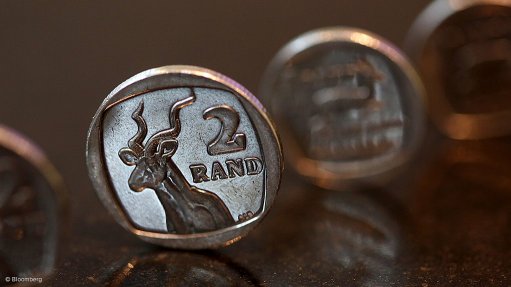
Africa’s mergers and acquisitions (M&A) landscape remains buoyant, says Standard Bank, which expects to see more opportunities than ever before in 2016.
The bank noted this week that global M&A activity had been very high in 2015, almost eclipsing the previous record levels set in 2007. The level of activity in Africa was no exception, with $158-billion worth of deals announced in Africa last year.
The standout industries in this regard in Africa were the financial, fast-moving consumer goods (FMCG) and telecommunications sectors.
During 2015, there was also a successful continuation of the trend where strong African companies sought to diversify into and compete in developed markets.
“Our success with Woolworths acquiring David Jones in Australia during 2014 carried into 2015 as we assisted Oceana to expand by acquisition into the US and helped Brait to acquire Virgin Active and New Look in the UK,” said Standard Bank head of global advisory Fradreck Shoko.
He added that insurance companies have held up valuations and international companies were positioning themselves for the long term.
“There has been an increase in M&A activity, especially in East and West Africa, as European multinationals search for opportunities to counter slowing growth at home. We also expect further consolidation within the broader financial sector as industry players seek to comply with increased regulations and meet minimum capital requirements, as well as improve efficiencies through economies of scale,” said Shoko.
FMCG and consumer-driven industries continued to attract investor interest.
Africa had the most favourable forecast demographics globally and, one of the fastest-growing middle classes in the world. Consequently, M&A activity within this sector was expected to remain high and continue growing.
Emerging markets, however, remained particularly susceptible to negative global economic developments and investor sentiment.
Increased uncertainty and risk aversion caused global investors to move investment away from emerging markets, which resulted in increased volatility and lower prices.
The South African market, along with other African markets, was also affected by this and, when combined with domestic economic challenges, seemed to be less attractive than before.
“We are very cognisant of and realistic about the challenges in Africa and particularly in South Africa as our home market. We have a good understanding of these markets and aim to help our clients in both bull and bear market environments. Even if we enter another period of crisis, we expect companies would retain their core objective of investing for the long term,” Shoko noted.
Looking ahead, Standard Bank expected the financial, FMCG and natural resources sectors to offer the best M&A opportunities in Africa this year.
While the oil and gas sector had been depressed by a weakening oil price and the mining and metals industry was experiencing the painful end to a multidecade supercycle driven by Chinese demand, Shoko anticipated a recovery in activity in natural resources.
He noted that, particularly in the mining sector, the low share prices, uncertainty and announced restructurings made this the ideal time to invest in this currently “unloved” sector.
“Even though we do not expect commodity demand levels to match supply in the short term to allow for an increase in prices, the balance sheet pressures many companies are subject to means that assets can and do change hands at levels well below their intrinsic value,” he concluded.